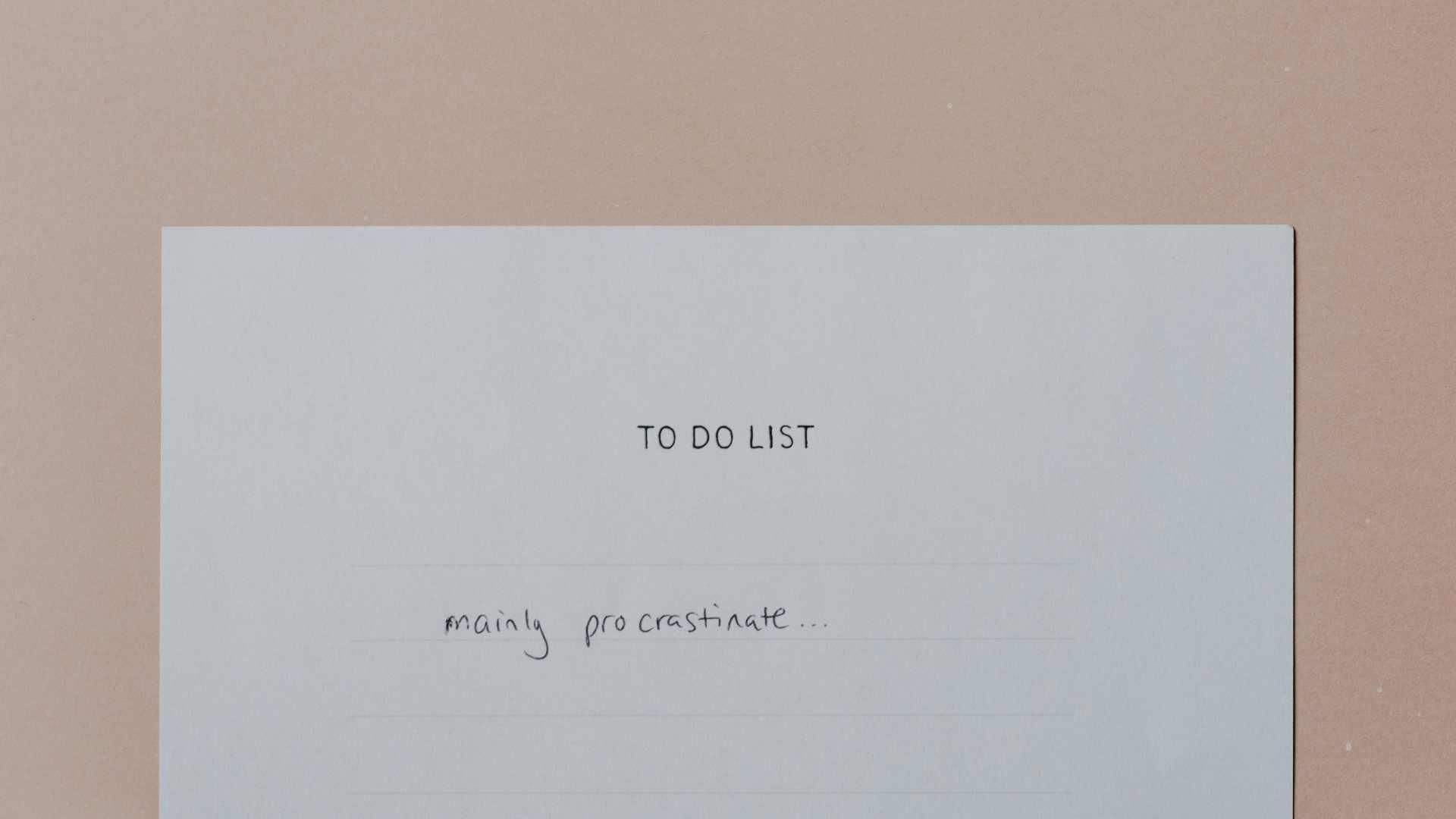These Dated Beliefs Hold People Back from Finding Financial Freedom
Sometimes, you are the one holding yourself back from achieving your financial goals and maximizing your resources. Many commonly held beliefs people pick up throughout their lives don’t help them reach financial independence.
While some of these beliefs aren’t as harmful as others, you would be surprised how much of the “common sense” financial advice you hear actually hurts your finances. So, let’s take a look at some of the popular attitudes people have about finance they would be better off changing.
The Belief of First Needing Money to Make Money
Many people hold the belief that to make money, you first need to have money. They take this belief and apply it to their attitudes about investing. You don’t need to be wealthy to start an investment portfolio, and the sooner you start trying to build your wealth the better.

Source: Pixabay/Pexels
Financial experts recommend that you start investing your money as soon as possible. Don’t be afraid to take some of your hard-earned income and make it work for you.
“Avoid Debt at All Costs”
Debt can be a crippling and scary thing for someone trying to claw their way out of an excessive amount of it. Indeed, debt is a problem for the average middle-class American. Fortune reported recently that credit card debt in America is expected to reach over $1 trillion for the first time on record.

Source: Towifuq barbhuiya/Unsplash
However, debt is a tool in your financial kit, and “good debt” can help you leverage into a better position financially. Many people take out debt to buy a house or go to college, which often has positive effects on their wealth in the long run.
Sticking to the Corporate Grind
One potential pitfall many people fall into is getting comfortable with a standard day job. While a day job can certainly provide financial security for a time, you are losing your competitive edge by relying solely on it. What happens when that job gets eliminated or your company goes under?

Source: Tim van der Kuip/Unsplash
Be sure to make time for developing other skills, businesses, and side jobs to ensure you are always staying on top of the job market.
Not Tracking Expenses
Many people don’t track their expenses as much as they should. Some blame stress in their lives, while others prefer to balance their budget their own way. These people have a variety of beliefs and excuses for why they don’t, but in the end, this attitude is holding them back financially. A survey by Inuit found that as many as 65 percent of Americans have no idea how much they spent the previous month.

Source: Scott Graham/Unsplash
It’s like counting calories when you are trying to lose weight. If you don’t have accurate data, then how can you expect to make progress?
People Thinking They Can’t Save
A common blindspot people have with their own finances is thinking they don’t have enough money to start saving. People will procrastinate their finances, thinking they will start saving when they are in a better position. However, that kind of thinking should be avoided. There’s an old saying that goes, “Perfect is the enemy of good.”

Source: Michelle Henderson/Unsplash
People are so concerned with making the exact, correct decision at all times, that they won’t try something good for them just because they aren’t in a perfect situation.
“I Can Wait to Take Things Seriously”
You may notice that a common trope among these dated beliefs is many are inherent to flaws of human psychology. People will make excuses why they can take it easy and push something out of their mind, but that is an unhealthy attitude.

Source: Annie Spratt/Unsplash
Your finances will be instrumental in determining the options you have in the future and as you age. You shouldn’t hold off making important investment and financial decisions because you have convinced yourself those decisions can wait.
“A Penny Saved Is a Penny Earned”
While this phrase has some truth to it, the reality is that just keeping your money in a bank or other institution where it isn’t significantly appreciating in value may do more harm than good. Because of the effects of inflation, the currency you are saving is slowly depreciating in value.

Source: Kenny Eliason/Unsplash
Be sure that the interest rate you are getting on savings is keeping up with inflation, otherwise you are losing spending power on your earnings.
Avoiding Risk Unnecessarily
A common attitude that people develop over their lives is to start avoiding risks after they get burned. If someone has experience losing money when taking a risk, they may be likely to avoid risks altogether in the future. Don’t let your past experience with risk color your assumptions for the future.

Source: Chris Liverani/Unsplash
Don’t forget that higher risks can come with higher rewards. Rather than avoiding risk altogether, you should instead figure out the best ways to mitigate risk while pushing forward with your plans.
“This Will Eventually Pay Out”
On the other side of the coin, some people have difficulty understanding risk and probability in their investments. People can get saddled with the burden called the sunken-cost fallacy. This mindset keeps people making the same bad financial decisions because they feel like they have invested so much time and resources already and want to see it to the end.

Source: Kaysha/Unsplash
They might think if they just keep going they will eventually see a payout. It’s critical to not let your already spent resources influence your financial decision-making and be willing to walk away from a bad investment.
“I Don’t Make Enough to Need Financial Advice”
No matter what your financial situation is, you can always benefit from professional financial advice. Shlomo Benartizi, a behavioral economist, asserts that solid financial advice can be equal to an income boost of more than 7% for a person. (via CNBC)

Source: Pixabay/Pexels
A financial advisor can help you eliminate unnecessary expenses and reinforce good investment decisions so you know the best route for your finances in the future.
Following Trends
At the end of the day, you are the one who has to live with your financial decisions. It is essential to remain flexible and open to advice from others, but you should be making investments and decisions you are happy with.

Source: Vlad Tchompalov/Unsplash
Financial planning can be fun, therapeutic, and helpful so be sure to seek out fact-driven advice that speaks to you and doesn’t just automatically buy into different trends. After all, new and flashy trends sometimes become bad dated beliefs eventually if enough people don’t push back against them.
